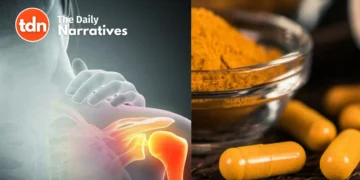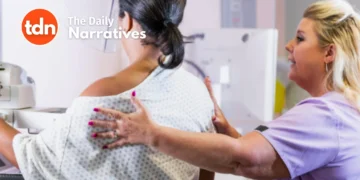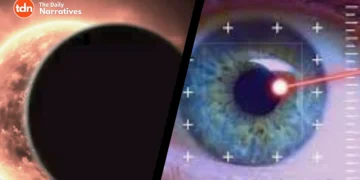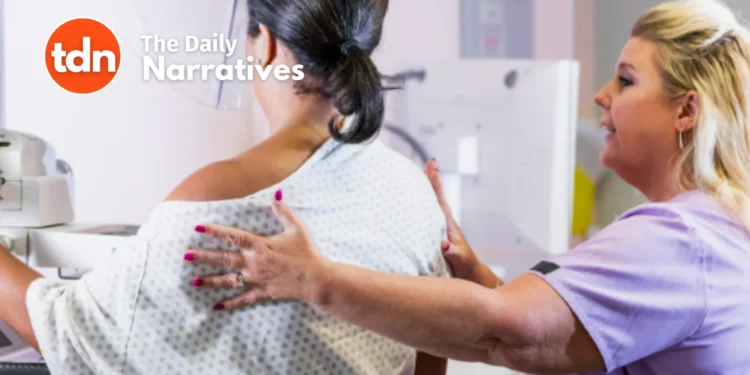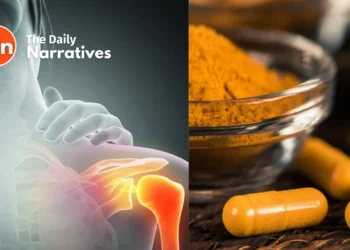Cancer screenings may not be the experience but they are crucial. During the stages of the COVID 19 screenings saw a decline. However now that the situation is, under control screenings are being resumed.
The main purpose of screenings is to detect issues before they escalate into more significant problems that can be addressed effectively.
It’s important to remember that cancer doesn’t wait for pandemics to pass and neither should screenings. Prioritizing care is essential.
The Benefits Outweigh the Risks; Importance of Cancer Screening During COVID 19
Three Essential Cancer Screenings You Shouldn’t Postpone
Regardless of health history its recommended that individuals undergo these three screenings based on their age.
Mammograms for breast cancer screening
Although there have been opinions over time experts generally recommend women aged 50 and above to have a mammogram every one to two years.
However for women between 40 and 50 years old recommendations may differ. The suggested approach is shared decision making—a discussion, between the patient and their healthcare provider regarding care goals, cancer screening preferences and individual health history.
Colonoscopies to screen for colon cancer
Colonoscopies are recommended for screening colon cancer. If you’re considered a risk it’s advisable to have a colonoscopy every 10 years once you reach the age of 50.
In case you have risk factors, like a family history your healthcare provider might suggest starting screenings at an age. While there are methods for colon cancer screening many consider the colonoscopy as the reliable option.
Pap smears to screen for cervical cancer
Pap smears are used to screen for cancer in women aged 21 and above. It is generally recommended to have Pap smears with intervals ranging from three to five years depending on age and test results.
The frequency of Pap smear screenings may differ based on factors such as age, health background and previous tests. It’s important to discuss with your healthcare provider to determine the screening schedule for you.
Why Is Cancer Screening Important?
Understanding the significance of cancer screenings is crucial. Early detection plays a role in simplifying treatment plans as seen in cases, like colon cancer.
Colonoscopies not check for growths but also identify precancerous polyps. By detecting and removing these polyps it reduces the risk of them developing into cancer.
Mammograms can detect breast cancers that may be too small to feel during a breast exam. They have significantly improved outcomes, for breast cancer patients; A recent study showed that women who undergo screenings have a 41 percent risk of dying from breast cancer within a decade and a 25 percent lower risk of developing advanced cancer.
Advanced stage cancers often require treatments such as extensive surgery and intensive chemotherapy.
Key Note:
It is advisable not to skip mammograms for women as they are more prone to faster growing cancers even though breast cancer is less common in the age group of 40 55.
It’s crucial not to delay three cancer screenings during the COVID 19
- Mammograms for detecting breast cancer
- Colonoscopies for screening colon cancer
- Pap smears, for cervical cancer screening












